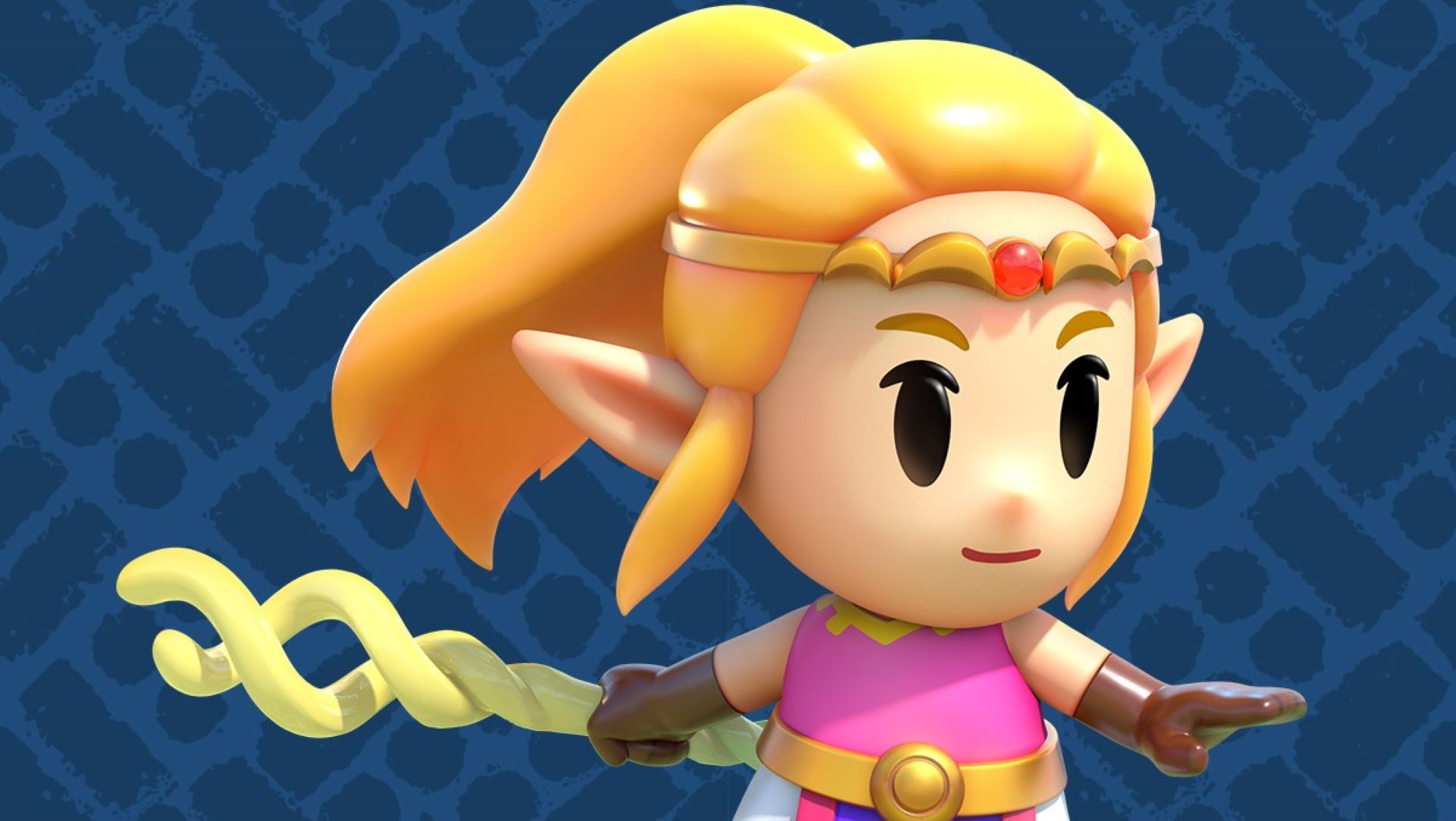- Published on
Zelda games that can 'fly in the face' of game design theory look like the future: Eiji Aonuma worried Echoes of Wisdom had 'too much freedom,' then added more freedom
The Legend of Zelda: Echoes of Wisdom's developers discuss their approach to open-world design, emphasizing player freedom and the removal of restrictions, drawing inspiration from player creativity in Breath of the Wild and Tears of the Kingdom.

After the duology of Breath of the Wild and Tears of the Kingdom, The Legend of Zelda: Echoes of Wisdom finds a new way to continue the trend of new Zelda games doubling down on player freedom, even if it makes some things a nightmare to balance and design.
Veteran Zelda producer Eiji Aonuma discussed this design approach in a new Nintendo dev Q&A, joined by co-directors Satoshi Terada and Tomomi Sano (the first woman to ever direct a Zelda game). Terada says it took a lot of effort to incorporate Echoes of Wisdom's titular echoes, items and entities which can be stamped out in the world to solve puzzles and encounters, in a freeform way.
"At the beginning of the game's development, we were thinking a lot about restrictions on gameplay, assuming that certain things would definitely break the game mechanics or stop the game from working properly," Terada says. "We had ideas like being limited to using only 20 echoes in a dungeon. Lots of ideas like these made it so you couldn't do things you had previously done. But it would have been frustrating for players if they couldn't use a solution that worked in a previous situation. So one day, we decided to scrap that approach and not impose any restrictions."
For Aonuma, who's been working on Zelda games for nearly 30 years, this frames a battle of concepts, and his reflection on Echoes of Wisdom feels like a dissection of Breath of the Wild and Tears of the Kingdom as well.
"I used to believe that the theory behind games was that being set loose from restraints gives a feeling of freedom and growth," Aonuma begins. "That's why old games were designed to slowly lift the restrictions that were there at the start. For a long time, game developers like ourselves have made games while firmly believing this theory to be right, and we felt safe creating restrictions in line with it.
"However, the echoes gameplay could fly in the face of this theory at times. When you're actually playing, it can be more fun not having the restrictions in the first place. And so we asked ourselves, 'What do we want to do about this one?', 'Shall we remove it?', and then gradually began removing those restrictions. Over time, most of the restrictions we thought were necessary at the start of development were no longer needed. It even led us to allow things that we worried at first would provide too much freedom. It's strange, isn't it? It's almost as if introducing some freedom attracted even more freedom."
"Introducing some freedom attracted even more freedom" feels like an apt description of the modern Zelda games. Aonuma and the team point to a shrine from Breath of the Wild, which many players solved by ignoring the intended maze and gyro mechanics and instead literally flipping the board over, as a creative touchstone for Echoes of Wisdom. "If this kind of solution isn't allowed, then it's not fun," he says.
*Last year, Aonuma said Breath of the Wild "created a new kind of format for the series," and that has held true thus far. *